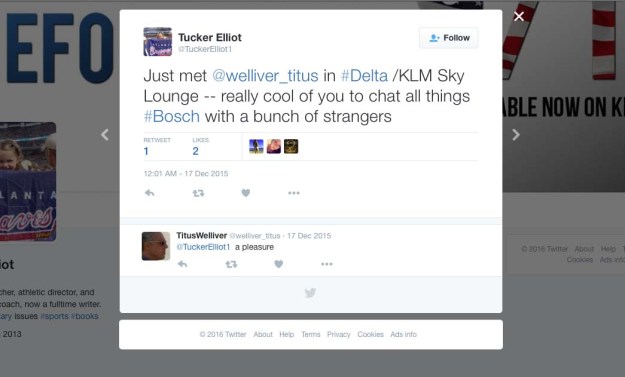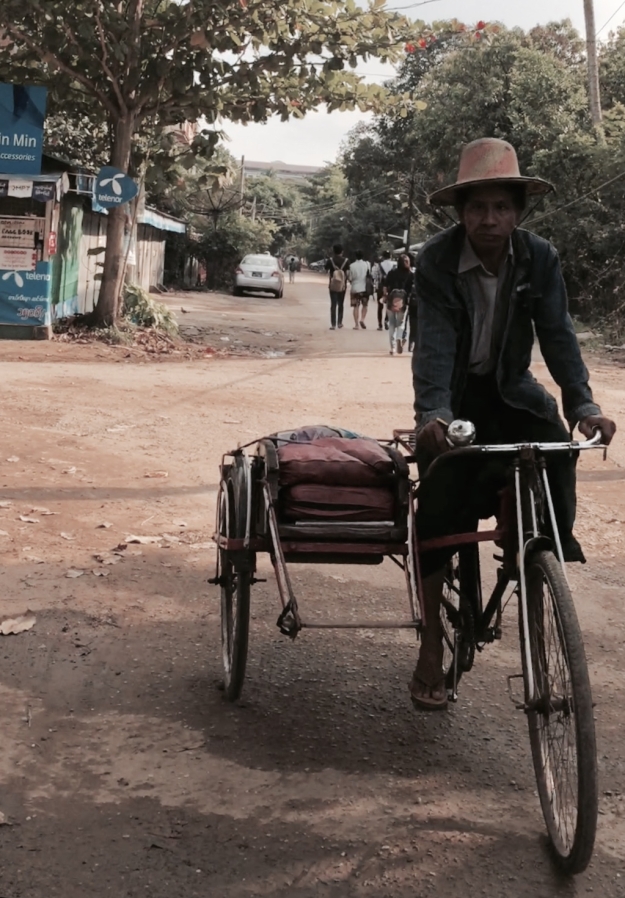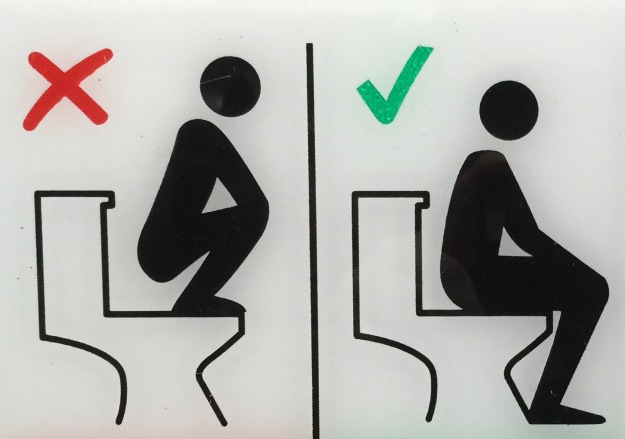A few weeks ago I loaded my iPad with episodes of Bosch and The Amazing Race in preparation for a long international flight . . . and with the world being ridiculously small and all that, I actually ended up in a Delta Sky Lounge at the exact moment Titus Welliver walked in. It was very cool to chat with him about the iconic character he plays in Amazon’s hit series.

I also had a second chance encounter on a different leg of that same trip, and because of it I spent the rest of my flying time immersed in a book instead of watching videos.
Coleman Mitchell is the author of The Ho Bo Woods—and though I did not recognize him as an author when I saw him in the airport, I immediately knew he was a Vietnam veteran. You see he was commiserating with a fellow veteran, and it was impossible to mistake their heartfelt compassion for each other as anything other than having survived a shared nightmare.
I’m rarely social, and definitely don’t make a habit of talking to strangers in airports—but I’m thankful I had a chance to meet Mr. Mitchell and learn about his wartime experience. It was only as we were parting ways that I found out he’d written a novel that has its origins in Vietnam.
I downloaded The Ho Bo Woods on the way to my gate and read it cover to cover on the flight.
It’s a gritty book, and that’s putting it mildly.
This particular scene is reminiscent of The Things They Carried and it is just as powerful: “The jungle was serene for the moment. Soon the thirty-one men of the third platoon started to stir. They appeared as if haphazardly scattered across the jungle floor. They woke from behind twisted tree trunks or in shallow foxholes of their night defense position. Some began to shave while others brushed their teeth. Some dug small holes in the ground to conceal the scent of their human waste. Others began to clean weapons. Some started to heat their instant coffee over a C-4 tab and eat their breakfast from their C-ration box. Those who just came off the last shift of night watch tried for five more minutes of sleep. There was nothing unique in their actions. It was just another routine day at war.”
It shook me pretty hard, and definitely kept me turning pages.
You can visit Coleman Mitchell’s website or Amazon to learn more about the actual storyline—but if you are interested in fiction that explores issues such as the continuous toll of wartime experiences on the human psyche, then I highly recommend The Ho Bo Woods.
And Mr. Mitchell, thank you for your service and for the kind words you shared with my parents, who survived that same nightmare.







